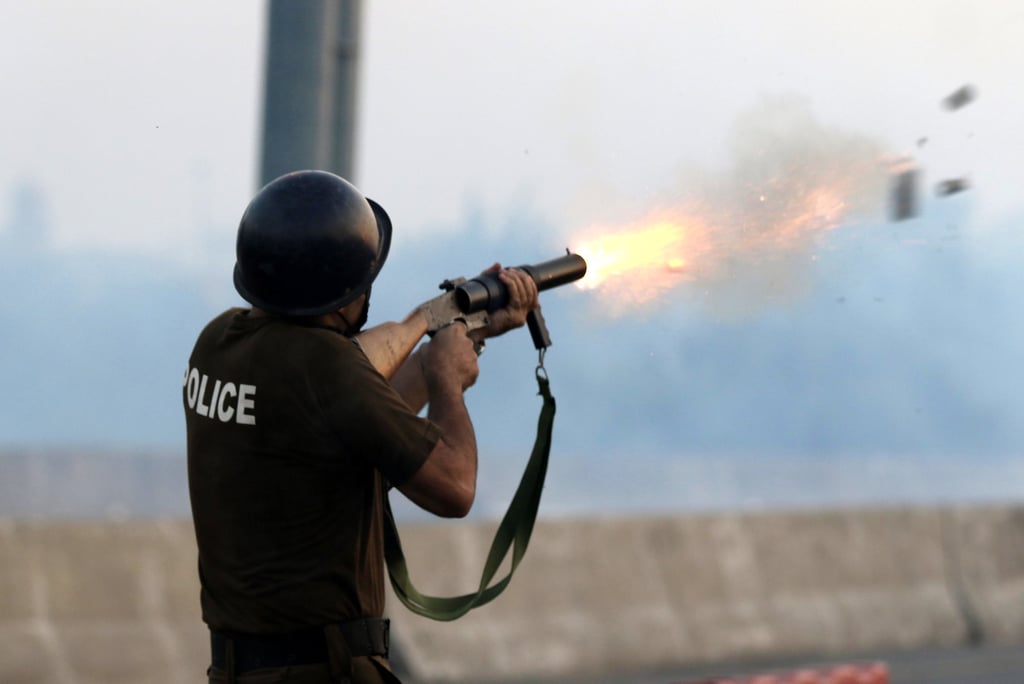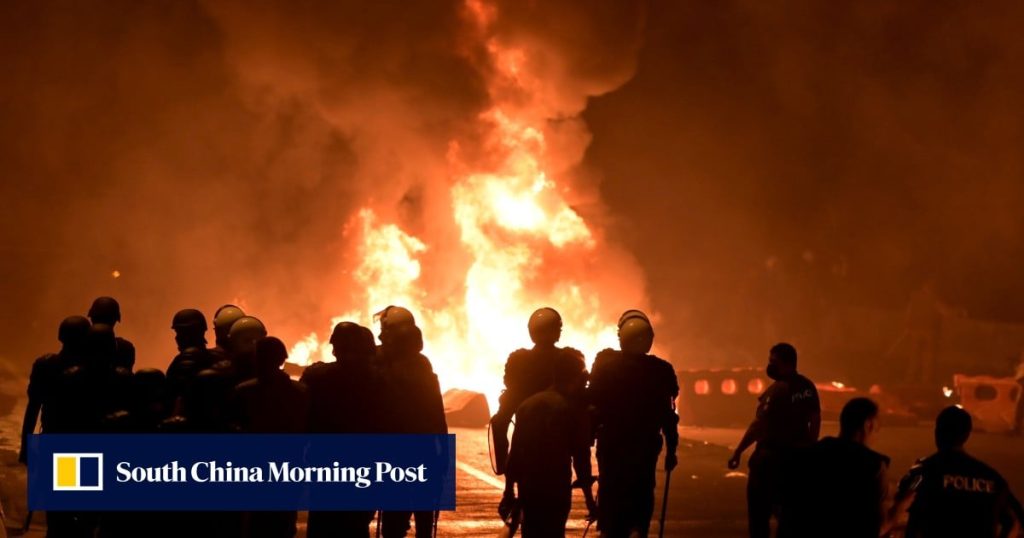Their target? Tehreek-e-Labaik Pakistan (TLP), a hardline Islamist movement that repeatedly paralysed major cities with its deadly protests, forced ministers into humiliating retreats and wielded the country’s colonial-era anti-blasphemy laws as both a weapon and a shield.

The crackdown was swift and decisive. Hundreds of mosques and seminaries affiliated with the TLP were subsequently seized by provincial authorities, with their management transferred to moderate clerics from the mainstream Barelvi movement – a spiritualist Sunni sect that, though affiliated with the TLP, generally rejects violence.
The message was unambiguous: Pakistan’s state would no longer tolerate violent groups destabilising the country under the guise of religious piety.
When a group like the TLP attempts to create internal disorder, it objectively serves the agenda of Pakistan’s enemies
“I am confident that the government has made up its mind this time,” Abdul Qayyum, a retired lieutenant general and president of the influential Pakistan Ex-Servicemen Society, told This Week in Asia.


